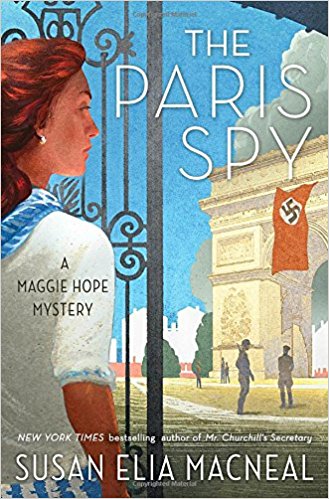 It’s Banned Books Week (Sept 30- Oct 6), organized each year by the American Library Association (ALA). The awareness campaign was founded in 1982—the same year the U.S. Supreme Court ruled that a New York school district could not remove Kurt Vonnegut’s Slaughterhouse Five from its middle-school and high-school libraries. Well, barely. The court was sharply divided over this decision, split 4-4 as to whether limiting the books would violate the students’ First Amendment rights. Chief Justice Warren E. Burger actually sided with the book banners. The swing vote was cast by Justice Byron White, who concurred with the four that wanted to limit the school board’s ability to withhold books, but he refused to comment on the First Amendment issue. Er, I’m no lawyer, but denying books to students seems a pretty clear violation of both “freedom of speech” and “freedom of the press.”
It’s Banned Books Week (Sept 30- Oct 6), organized each year by the American Library Association (ALA). The awareness campaign was founded in 1982—the same year the U.S. Supreme Court ruled that a New York school district could not remove Kurt Vonnegut’s Slaughterhouse Five from its middle-school and high-school libraries. Well, barely. The court was sharply divided over this decision, split 4-4 as to whether limiting the books would violate the students’ First Amendment rights. Chief Justice Warren E. Burger actually sided with the book banners. The swing vote was cast by Justice Byron White, who concurred with the four that wanted to limit the school board’s ability to withhold books, but he refused to comment on the First Amendment issue. Er, I’m no lawyer, but denying books to students seems a pretty clear violation of both “freedom of speech” and “freedom of the press.”
It was close call, but that ruling hasn’t stopped Slaughterhouse Five from being barred repeatedly from school bookstores and libraries, as recently as 2007 in Howell, Michigan. Other frequently banned classics include high-school favorites like A Separate Peace, by John Knowles; As I Lay Dying, by William Faulkner; The Catcher in the Rye, by JD Salinger; The Great Gatsby, by F. Scott Fitzgerald, The Lord of the Flies, by William Golding; and just about everything written by Hemingway, Orwell, and Steinbeck. Check out the ALA’s list of the Most Frequently Banned and Challenged Classics.
Back in 1918 when James Joyce’s Ullysses came out it was banned from publication in the U.S., Ireland, Canada, and England. Sylvia Beach famously came to the rescue by printing and selling the book from her Paris bookstore, Shakespeare and Company. In 1940, U.S. Post Office actually declared Hemingway’s For Whom the Bell Tolls “non-mailable.”
But censorship is not something of the past. Right after the first The Lord of the Rings movie debuted in 2001, a pile of Tolkien’s books were burned outside a church in Almagordo, New Mexico, for being “satanic.” Clearly, these people had not actually read the books (or seen the movie). In 2010, a California school district banned Merriam Webster’s Collegiate Dictionary owing to “explicit definitions.”
Last year, the ALA reports there were 326 attempts to remove books from school curricula and/or libraries. The Top Ten Most Challenged Books of 2011 include To Kill a Mockingbird by Harper Lee and Brave New World by Aldous Huxley (both repeatedly challenged in the 21st century). Of course, the list includes The Hunger Games trilogy by Suzanne Collins, just as a few years back the target was on J.K. Rowling’s Harry Potter series. I confess, I feel a bit squeamish about younger children reading The Hunger Games, but that’s a decision for their parents—not the state … or the local town council, seriously?
So celebrate our right to read this week by reading a banned book … or any book. Check your local library for Banned Book Week events. Also, don’t miss the Virtual Read-Out on YouTube. Passages from banned books will be read in video clips by celebrities, famous authors, and just about anyone who wants to upload to the channel. Read on.
 30 Year Timeline of Banned Books Week
30 Year Timeline of Banned Books Week
List of Most Frequently Challenged Classic Books
Banned and Challenge Classics: History by Book
BBW Virtual Read-Out on You Tube
Bookman’s Does Banned Books on You Tube
Flashback Post: Banned Books Week 2011—Celebrate Celebrate our Right to Read
Check Out WordHits on Facebook
 Am I the only one who switched from Google to
Am I the only one who switched from Google to 







